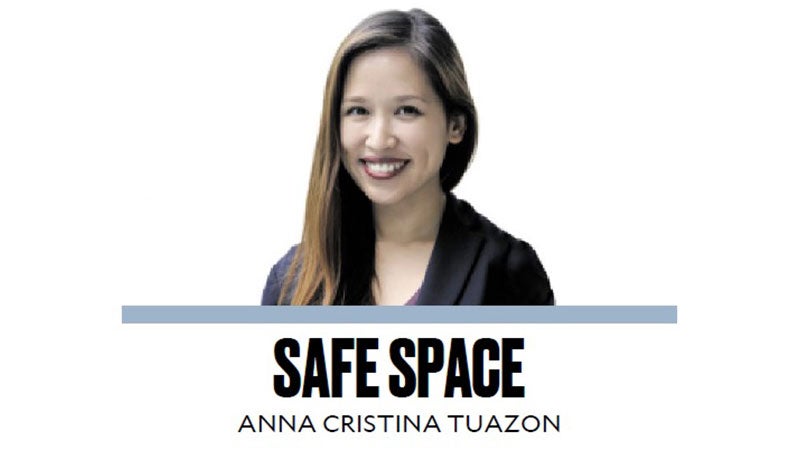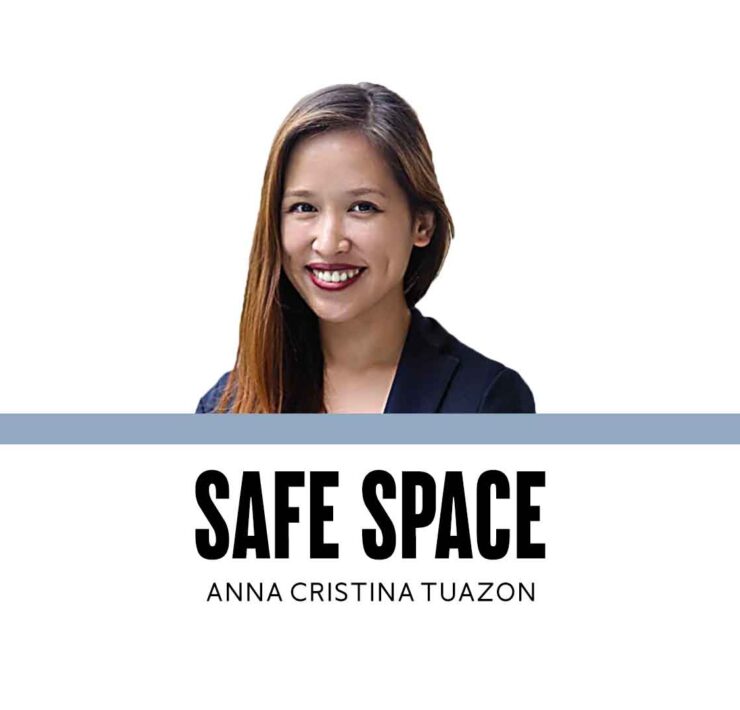Watching out for school-based mental health

The implementing rules and regulations (IRR) of Republic Act No. 12080 or the Basic Education Mental Health and Well-Being Promotion Act was signed recently, paving the way for mental health services in public schools. This was long-awaited by stakeholders as we know that the true impact of a law boils down to its implementation. With the IRR in place, we are now seeing the conversion of existing Guidance and Counseling Offices to “Care Centers” in basic education. Secondary schools, on the other hand, may utilize the Career Guidance and Counseling Program to implement services under the soon-to-be-developed School-Based Mental Health Program of the Department of Education (DepEd). The most significant contribution of the law and its IRR, of course, is the creation of plantilla items for school counselors and school counselor associates, though adequate budget allocation remains to be seen.
Let’s start with the positive. More staffing is almost always a good thing. Even better if the personnel items are immediately funded so hiring can begin. The IRR also reiterated the law’s proposal for a relatively wide salary range, offering opportunities for career progression.
The true test of the IRR is seeing how it will be implemented in the next few months to a year. I suspect, because it mandates first the creation of divisions and offices at the central level, it will take a few years before we see the vision of the law fully realized. The IRR also calls for the development of an overall School-Based Mental Health Program, which takes time to flesh out and will serve as the basis of more localized mental health programs in schools.
And so, we come to our first concern and something to watch out for: We run the risk of a bloated bureaucracy that impedes rather than facilitates mental health service delivery.
DepEd is too top-down as it is. It seems it will approach mental health in the same way. Teachers already complain that they barely have any flexibility with their curriculum and lesson plans, which results in them struggling to adapt to the individual needs of their students. It is not a conducive environment for educators, and it certainly is not a good way to approach mental health. There’s nothing wrong with developing frameworks and having a national plan per se, but we have seen how it can be mandated so rigidly to the point that we lose the original spirit of the framework, to begin with. What starts as a noble intention of giving a meaningful guide to schools becomes merely a dreaded stack of paperwork for admin to fill out. We must watch out for bloat at the top and instead focus most of our resources on services.
Another thing to watch out for is ensuring that the people we hire have the specific skill sets and competencies for the long list of tasks we expect from a school counselor and school counselor associate. As I have warned about previously (see “Wish list granted: Plantillas for mental health,” 12/12/24), simply being a graduate of guidance and counseling or psychology does not ensure that they have the skills needed to provide school-based mental health services. The knowledge required for this work includes a fundamental understanding of the developing child, including developmental neuroscience, as it impacts not only academic performance but also emotion regulation. It is not enough to simply know about milestones or other normative markers; someone addressing school-based mental health must know the full range of child and adolescent concerns and problems, including neurodevelopmental issues like autism or attention-deficit hyperactivity disorder, as well as regulation concerns like depression, anxiety, or suicide risk. One must also be well-equipped to address cases of abuse and violence, not only at school but also at home since what happens at home affects the child at school. These are the bare minimum knowledge and skills for school-based mental health; otherwise, the only strategy available is referral, which is what schools already do. It would be a waste of a new law if we can’t do more.
There is also a missed opportunity in failing to recognize the distinctive contributions of a guidance counselor and a psychologist and lumping them both in the same plantilla with a vague name of school counselor (perhaps to skirt around professional scope of practice?). Each profession has its own particular strengths and approaches. Establishing multidisciplinary teams, for example, keeping the guidance specialist item and creating a new school psychologist item, would have been more innovative.
My biggest concern, and something I hope that future initiatives will address, is that mental health seems to be compartmentalized from the rest of academic life. We shouldn’t just see stand-alone services. We need to integrate mental health goals in every policy and decision-making. Anyone who works with children knows that changing the environment is the best way to improve a child’s mental health.
—————-
aatuazon@up.edu.ph


















